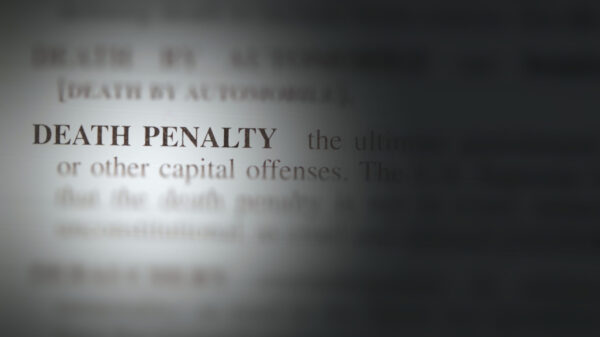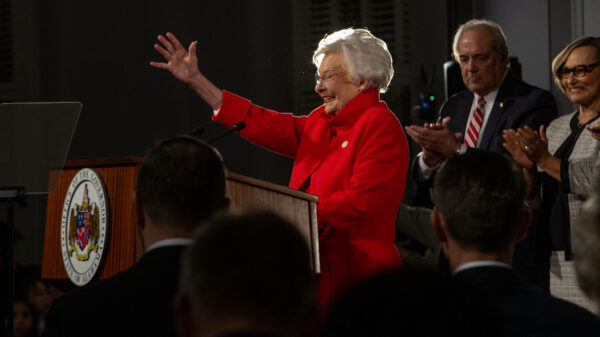Staff Report
At the beginning of 2011, I inaugurated my own little “tradition” of writing serial columns devoted to an important subject matter. In January and February of this year, the topic was race. My first column in 2012 will begin a five-part (or maybe six-part) series on a topic of equal importance: Education in America — and particularly in the Deep South. The two subjects are so intertwined that each substantially defines the other, especially when the focus is public education.
At every level — elementary school through post-graduate institutions — public education is a wellspring of emotion, loyalty, political grandstanding, rivalry and public policy. Here in Montgomery, issues pertaining to public education must be viewed against a determinative political, racial and social backdrop. “Determinative” because past is prologue. Or, as my older brother delights in saying: “What is, always was becoming.”
Regardless of the public school issue in question — funding, closure of schools, magnet mergers, teacher competency, board relations, new construction, dropout rates, same gender education, job relevance or teacher tenure — there is a trenchant link between each of those issues and historical developments. Of equal significance is the link between those issues and prevailing perceptions of public school education.



















































